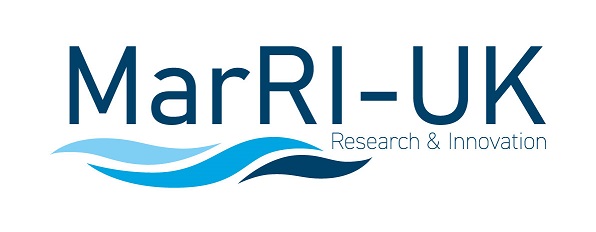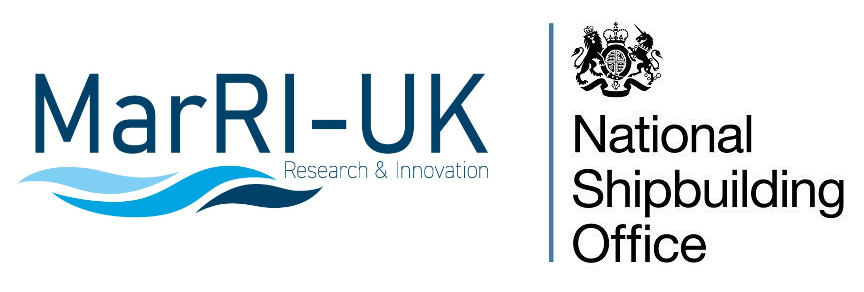Maritime Research and Innovation UK (MarRI-UK) have today announced the publication of The UK’s Academic Capacity and Capability for Shipbuilding Report funded by the National Shipbuilding Office (NSO). The purpose of this report is to provide an insight into the UK’s current research capabilities, understand what other nations are doing and provide a series of recommendations to industry and government for enhanced competitiveness.
This report aligns world leading maritime innovation and research conducted by the UK’s academic sector with the 2022 Refreshed National Shipbuilding Strategy (NSbS). By linking the UK’s current academic research strengths and future research opportunities with the Shipbuilding Strategy, the report aims to drive understanding in Industry and Academia of the latest technological and environmental innovations, and to propel UK industry to the forefront of the global shipbuilding sector by 2030.
MarRI-UK’s academic partners have reviewed research output across the UK, focussing on the maritime engineering and technologies that underpin the UK’s shipbuilding industry. They identified that the UK produces leading research in the areas of decarbonisation, design and specialist ships. By concentrating efforts and resources on these areas, and utilising the UK’s research capability, the UK Shipbuilding Enterprise can improve its global competitiveness.
Key Findings:
- The UK has a leading position in key research areas including:
- Decarbonisation: analytical strategies, energy-saving devices, alternative fuels and carbon capture.
- Ship design research: ship systems optimisation, biomimicry for propulsion and ship control.
- Specialised ship types: specialist vehicles and underwater vehicles (including remote/uncrewed)
- Autonomy and design: focused on route optimisation and the development of intelligent systems.
- The UK has the greatest potential in adopting Industry 4.0 and 5.0 techniques into current shipbuilding activities
- The UK has a significant opportunity in lean manufacturing and large-scale additive manufacturing techniques, optimising and producing more efficient methods of shipbuilding.
- The UK needs to focus its maritime research into autonomy, decarbonisation, innovative technology (including IoT, digital twins & additive manufacturing) and the maritime application of industry 4.0, utilising these research areas to achieve enhanced global competitiveness.
- Competitor nations have common focus areas for research.
Rear Admiral Rex Cox – CEO National Shipbuilding Office said:
“The National Shipbuilding Office is delighted to have sponsored this insightful report. To drive the UK to the forefront of the shipbuilding industry, we need to expand and invest in innovation and effective engineering across the enterprise. Aligning our world leading academic research sector with our NSbS Refresh is key. The UK shipbuilding enterprise can be world leading in areas such as decarbonisation, autonomy and intelligent systems. However, to reach this position we must commercialise UK’s research capability, leveraging it to enable a productive, thriving and globally competitive industry.”
Simon Reid – Director MarRI-UK said:
“MarRI-UK is proud to have collaborated with the NSO on this important project which will enable the future sustainable growth of the shipbuilding industry in the UK. It outlines interventions that will positively disrupt the global market, provide future regional and national growth and enhance the skills development of the UK workforce in the shipbuilding industry”
Professor Stephen Turnock – Head of School of Engineering, University of Southampton:
“By bringing together the university members of MarRI-UK, we have produced a report that outlines the leading areas of research in the UK in Shipbuilding and also highlights the areas that require critical investment to enhance the competitiveness of the UK shipbuilding industry through strong collaborative partnerships with industry and government.”
Background
MarRI-UK is an industry-led membership organisation that drives the global competitiveness of the UK maritime through extensive partnerships in identifying, developing, and leveraging emerging technologies. Accelerating the delivery of world-leading research and innovation for the UK maritime sector through collaboration.
The partners involved were:
- University of Strathclyde
- University College London (UCL)
- University of Southampton
- Liverpool John Moores University (LJMU)
- Newcastle University
- University of Liverpool
- Alan Turing Institute
MarRI-UK has announced a new scheme to attract three micro maritime companies to join MarRI-UK on an ‘in kind’ contribution basis to become part of our collaborative community.
While the MarRI-UK standard Tier 3 membership fee stands at £1000 per year, micro companies opting for the in-kind approach could fulfil this commitment through tangible contributions, such as organising event with the core team, participating in external workshops to offer valuable insights to research communities.
For more information please send an enquiry to info@marri-uk.org
The National Shipbuilding Office was set up to implement the refreshed National Shipbuilding Strategy (NSbS) and to provide a strategic oversight of all Government activity across the shipbuilding enterprise. The NSO oversees all of Government’s interests in UK shipbuilding and has a mandate to drive transformative change across the shipbuilding enterprise. The NSO will enable Government to optimise its approach to growing the industry, realising the benefits of coordinated procurement, investment, and engagement across the shipbuilding enterprise.
The project was funded by the NSO and completed by MarRI-UK and their partner institutions around the UK.
- The report seeks to answer four critical questions:
- 1. What are the UK’s leading research areas in shipbuilding?
- 2. What are the UK’s key competitors worldwide doing?
- 3. Where are the areas the UK can improve on and require critical investment?
- 4. How can the UK achieve enhanced competitiveness?


